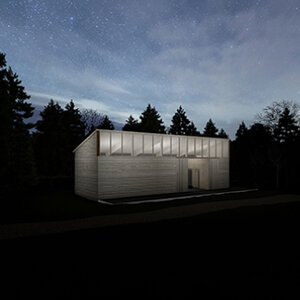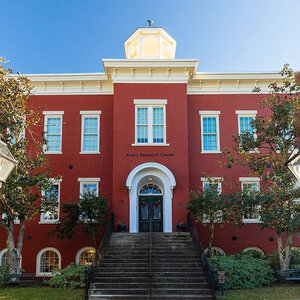Skowhegan raises $21 million for expansion and scholarships

Skowhegan School of Painting & Sculpture in Madison, Maine, has announced $21 million in donations and pledges toward a five-year plan to revitalize and expand the school’s campus and bolster its finances.
Targeted funds will enable Skowhegan—an artists’ residency established in 1946—to complete renovation and construction projects as part of an expansion and programming evolution, including a sculpture studio funded by the Acquavella Family Foundation; a ceramics studio funded by the Pollock-Krasner Foundation; staff cottages designed in compliance with the Americans with Disabilities Act (ADA) and funded by the Marion Boulton “Kippy” Stroud Foundation and Museum of Modern Art president emerita Agnes Gund; a new dining hall funded by Ann and Graham Gund; new residential housing funded by the Sire Foundation—honoring artist David Driskell, a longtime Skowhegan teacher and trustee who died in 2020; and a painting studio and pollinator garden funded by Google Earth founder and director Rebecca Moore—honoring her brother, artist Frank Moore, who died in 2002.
Unrestricted gifts, including a $2.5 million grant from the Anna-Maria and Stephen Kellen Foundation, will enable Skowhegan to engage with new and emerging art practices, expand its scholarship funding to preserve need-blind admissions and artistic autonomy, and prioritize local investments that sustain regional food economies and environmental priorities. In addition, a capacity-building grant of $750,000 from the Andrew W. Mellon Foundation will provide support for artists participating in the school’s summer program.
“Skowhegan has a founding history of inclusivity, welcoming artists of color, international artists, artists of different sexual orientations and gender at a time when it was not only less common, but oftentimes against societal norms and laws,” the school noted. “Even with this history, Skowhegan recognizes the urgent need to constantly push for change and equity.”
(Photo credit: OPAL Architecture)






